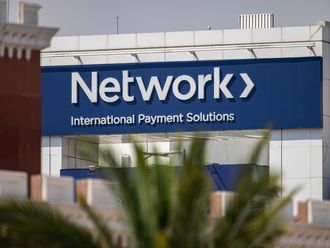Dubai: Tighter lending by Gulf banks is delaying an econ-omic rebound in the region and hurting the non-oil sector, an official at the International Monetary Fund (IMF) said yesterday.
"There's a change in the culture of lending away from name lending to arm's length [transactions] where creditors ask for collateral and study the business plan," said Ralph Chami, chief of the IMF's regional studies division for the Middle East and Central Asia. "But if we can't get bank lending back, how can we get growth?"
Many economists expect an economic recovery this year, but the lack of credit growth is delaying the rebound. After a series of defaults and near defaults across the region, lenders have tightened the criteria by which they loan money.
Government data showed Saudi bank lending to the private sector in January grew just 0.2 per cent year-on-year. During the boom years, bank claims on the private sector tripled between 2003 and 2008
And according to UAE government statistics, loans and advances in the country grew only 2 per cent year-on-year in January, compared with double-digit jumps in recent years.
Chami said he expects Gulf governments to make more successful forays into debt markets, and at a cheaper cost, as the price of crude oil continues to climb.
US crude for April delivery last traded yesterday 6 cents lower at $82.03. Prices hit a 15-month high of $83.95 on January 11.
"As the quality of the Gulf's collateral gets better, their risk assessment improves and prices go down," he said.
The IMF will publish its regional outlook in May, which will look at the impact that sluggish credit flows and cautious debt markets are having on the Gulf's economic growth.










